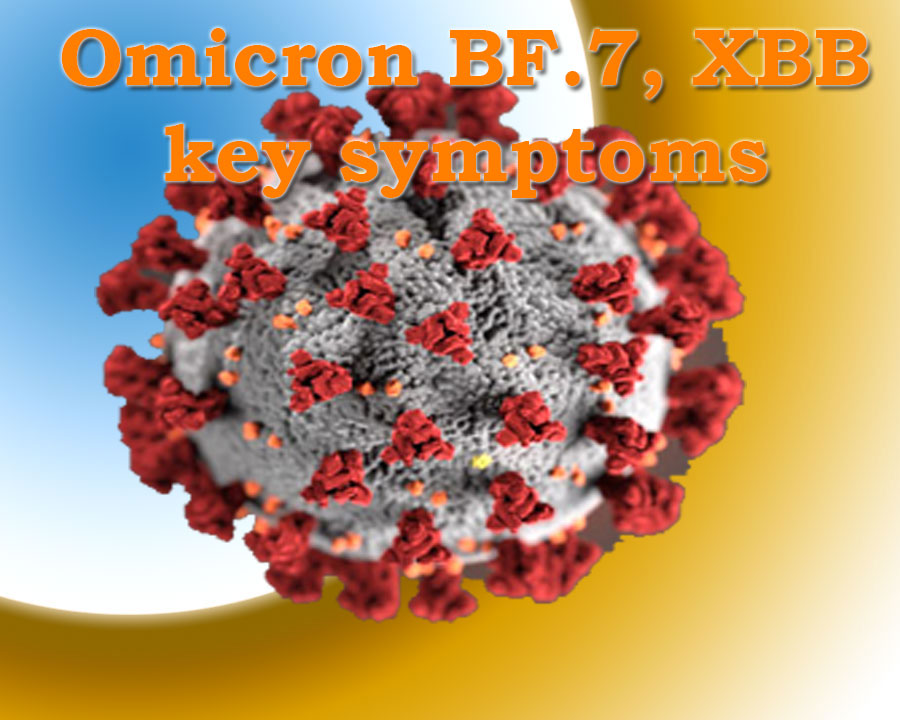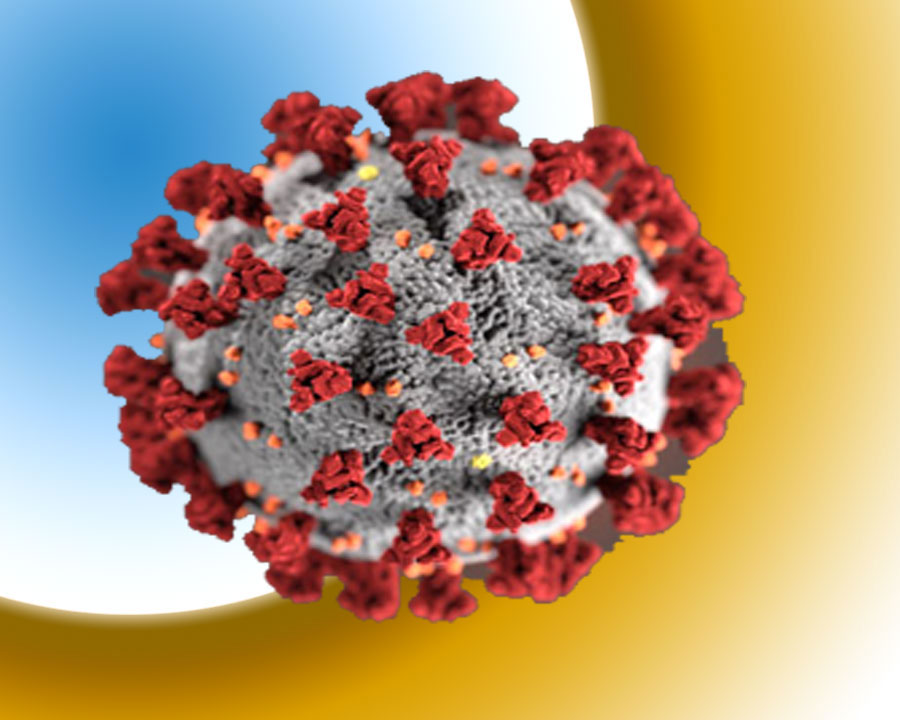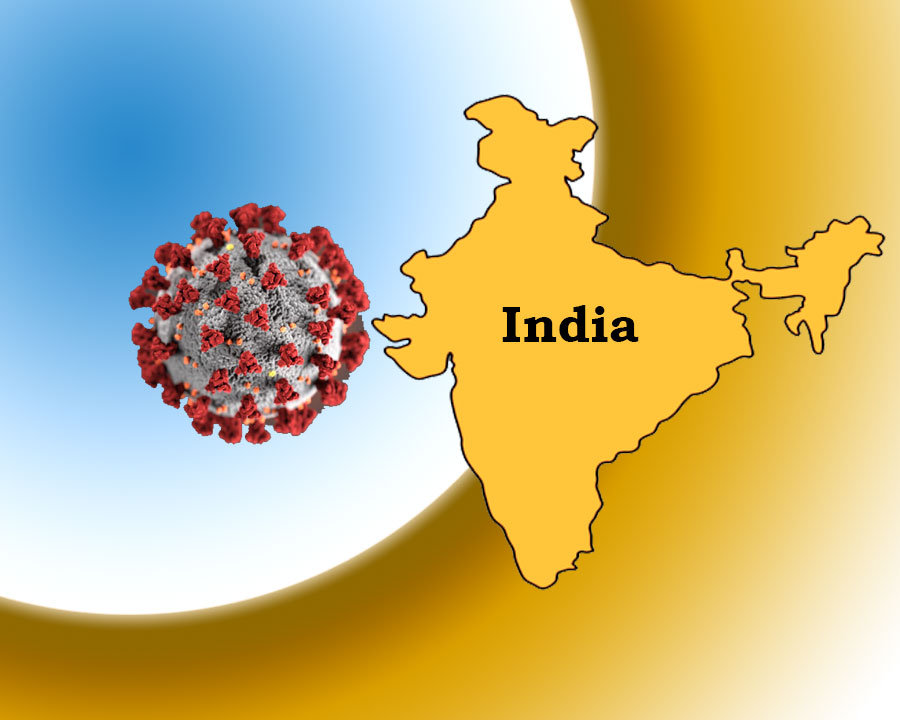
Although the water level has receded in the recently flood-hit Kerala, the miseries just refuse to diminish. As the already suffered lives try to get back on their feet, they still cannot expect relief due to their vulnerability towards various diseases emerging as an aftermath of the natural catastrophe. The monitoring report on the post-flood situations in the devastated state brings some bad news that would only add to the woes of the Keralites. On Thursday, the Ministry of Health and Family Welfare issued a statement that cases of acute Diarrhoea, Dengue and Leptospirosis reported in the state of Kerala and the Centre is keeping a close eye on the developments there.
The flood relief measures were reviewed by J.P. Nadda, the Union Health Minister along with other ministry officials it was said that the co-ordination of centre and state is strong in the matter. The Minister of Health and Family Welfare also informed that the Centre would be sending 30 specialist doctors, 20 medical officers for general duty and 40 nurses adept in speaking Malayalam and they will be arriving to Kerala by Friday to provide health services.
The Ministry added that twelve public health teams are in the process of being deployed for lending assistance to State Health Department in the implementation of various public health measures. Each of the teams will comprise of one public health specialist, a microbiologist and an entomologist to serve the health restoration purpose in Kerala.
As reported, the Centre has ensured the supply of 73 MT of essential emergency drugs so far. Moreover, on the additional requirement of the State, 40 ultra low volume (ULV) Fogging machines and 58 items of essential drugs/consumables that would weigh around 120 MT has been granted and prepared to be sent to help in bringing back the inhabitants of Kerala to normalcy.
Kerala, regarded as the God’s Own Country and a highly popular tourist destination, faced serious damages of lives (around 483 dead and 15 missing) and properties due to massive floods that hit the state in the beginning of August. While it was the unusually torrential rains that filled the dams, brought flash floods and landslides, Madhav Gadgil, the chairman Gadgil Committe blamed the State for turning deaf ears to its environmental policy recommendations.
On the other hand, the State Government argued that the release of water from the Mullaperiyar Dam by Tamil Nadu was the reason for the calamity. Whatever the exact cause be, the entire nation stood together to do their bit for victims in form of contributions and wishes. The undying efforts of the defence personnel, disaster management teams, even fishermen and local residents saved many and averted further destruction.











